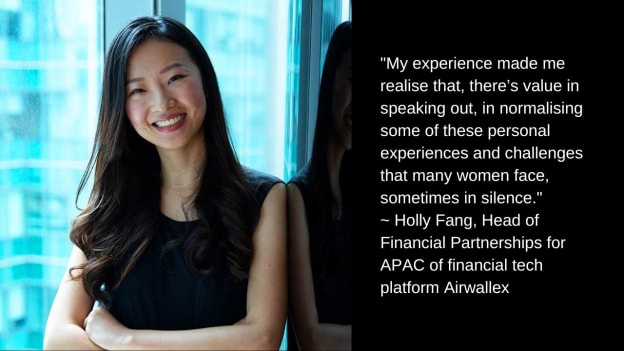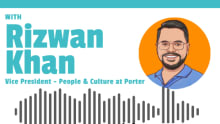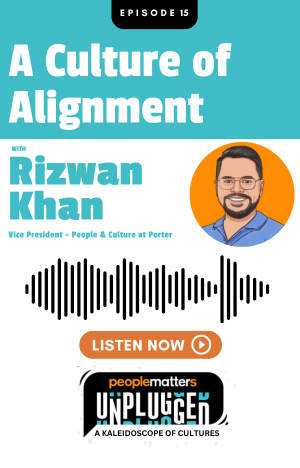Why we should talk more about empowering mums at work

If climbing up the corporate ladder is hard enough for a woman, especially those working in male-dominated industries, then how much more difficult is it for mothers? According to a seasoned Finance leader, conversations about empowering mothers at work need to be deeper and louder.
Holly Fang, Head of Financial Partnerships for APAC of financial tech platform Airwallex, said being a female was certainly a challenge when she was starting out, but her transition into motherhood was one of the hardest times of her career.
“There are certain topics that we don’t really talk about at work, things like postpartum depression, the associated mom guilt of not spending enough quality time with young children,” Fang told People Matters in an interview.
“When there are downtimes at work, I also felt like I had to constantly choose between hanging out and spending the time with the team, versus dashing home to be with my baby. It’s definitely not easy,” she added.
Fang started her career over a decade ago with the Economic Development Board of Singapore, where she spent a couple of years before taking on a lead role in strategic partnerships with the APAC for a Silicon Valley-based firm. She joined Airwallex, which then has just achieved unicorn status, in 2019.
She first served as a Strategic Partnerships Manager for Airwallex, managing banking relationships and partnerships with other tech players in the ecosystem. In 2020, she was promoted to Director of Partnerships to build up a dedicated team in managing their growing network of financial institution partners.
Just this 2022, Fang was promoted to Head of Financial Partnership for the APAC region, where she oversees Airwallex’s extensive network of partners including banks, schemes, and payment method providers in the region.
While Fang has successfully climbed the corporate ladder, it wasn’t always that easy. Early into her motherhood, Fang said she mostly kept all the difficulties she was facing to herself, thinking that sharing her woes to her team would just become an additional burden to her hard-working colleagues.
Being a mother and a leader at work is like living two completely different lives in two different realities. Lucky for Fang, she eventually found solid support from her colleagues who were very understanding about her situation.
In Australia alone, the amount of work mothers and fathers do are very gendered. Data from the Australian Institute of Family Studies showed mothers work an average of 77 hours a week, where 20 hours is paid work, 30 hours is household work, and 27 hours is childcare.
Compare that to the 46 average hours of paid work done by fathers every week, 16 hours on housework, and only 13 hours on childcare, and you get the reason why a lot of mothers are struggling to breakthrough in their careers.
According to Fang, more women need to speak out for the mothers who are finding it difficult to advance their careers because of the workload they have to balance between office, household chores, and childcare.
“My experience made me realise that, there’s value in speaking out, in normalising some of these personal experiences and challenges that many women face, sometimes in silence. Now looking back, I am proud of what I have gone through. It made me stronger, and made me who I am today,” she said.
“But when I was going through it, man was it tough! Having been through a difficult phase, I definitely want to be there for my colleagues and anyone else who might be going through difficult times, at work or otherwise,” she added.
But for this to happen, channels for open communication should be integrated deep into the structure of an organization. With this, it is not only mothers that can have a voice heard in the company, but all the other people who are facing their own silent battles.
Fang stressed that open communication has always been the key to a diverse workplace because diversity is not just about gender, race, and status in life, but also about the different perspectives at every level within the organization.
“That culture of open communication – encouraging employees to share their thoughts and opinions, give feedback on how things or processes could improve, have also helped to foster a culture of grounds-up innovation and ideation within the company,” she said.













